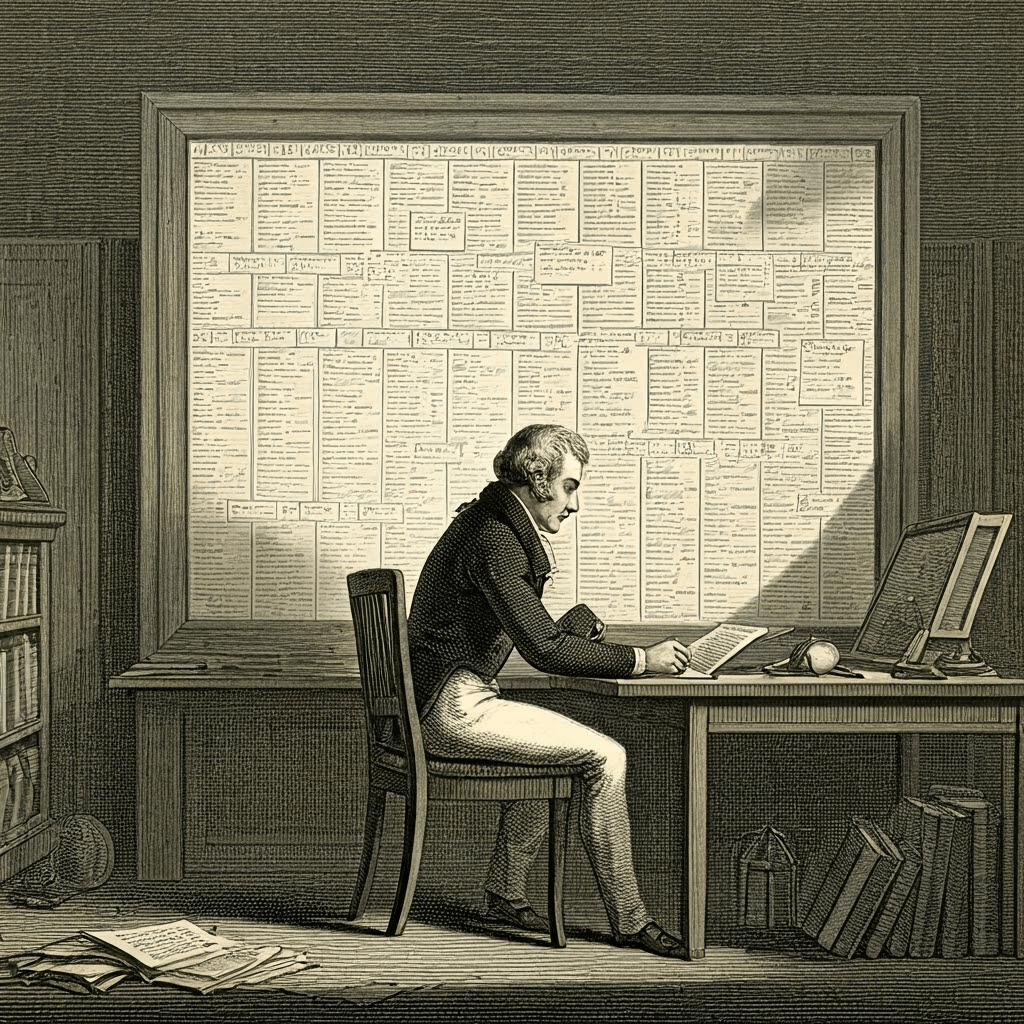
It always surprises people when I tell them I use DuckDuckGo instead of Google Search. They assume I’m making a privacy statement. I’m not. It’s about control. And I want to note that this post is not an ad for DuckDuckGo (although after reading it whole, it seems like it), it just happens to be the search engine that better suits my needs.… (read the rest)





